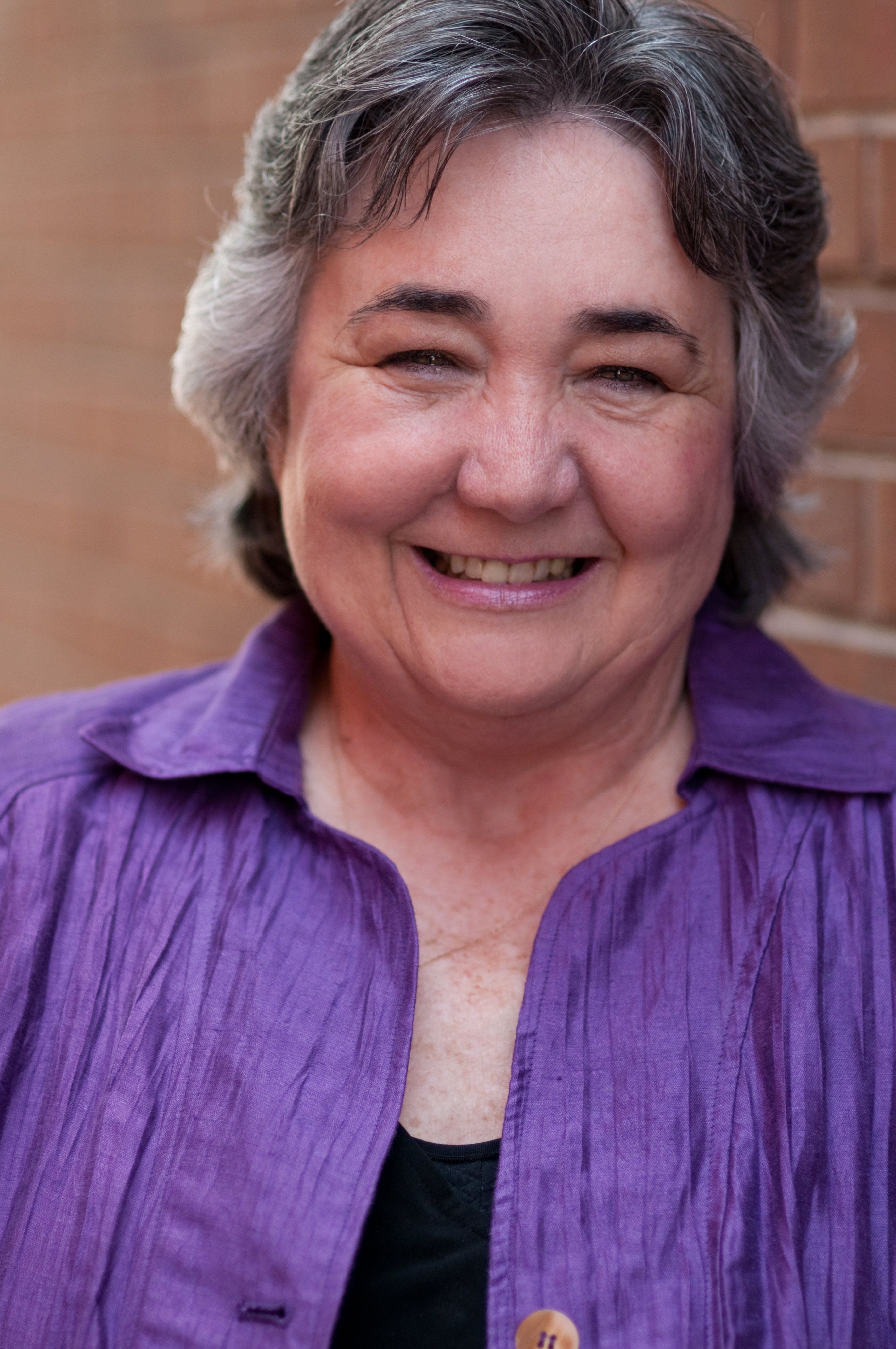- Speak in the first person, using “I” statements.
Instead of “people think…” or “you get the feeling…”, etc. say “I think…” or “I feel…”.
- Speak for yourself and about your experience.
It may be tempting to try to solve another person’s problems and give advice. If someone asks for your feedback, tell them about your experience with the same or similar problem.
- Focus on your struggles with sexuality and relationships,
(or your difficult topic of the moment.)
You may not have other opportunities to talk about this part of your life. Take advantage of the freedom you have to do that here.
- Speak honestly and spontaneously.
Trying to be polite, waiting too long, and choosing careful language can water down your freshness and genuineness. Express your thoughts and feelings at the earliest opportunity.
- Expect periods of silence.
Although silence may be uncomfortable for you, try to become aware of what you and others might be feeling during this time.
- Respect the confidentiality of others.
All that is said in this group stays in this group. Nothing is shared with people who are not here now. The only exception applies to those who wish to talk about the group with the WGA staff.
- Prepare for group.
Try to “warm up” before group starts by thinking about what you need to work on. The group may begin with a brief “check in” time. You are encouraged to ask for more time to talk if you wish.

Mary Heathman
Founding Director
Mary often characterizes herself as “a seeker of Truth” and has a long-standing fascination with human behavior and motivation. Her education consists of lay and discipleship counseling, independent study about the integration of psychology and theology, counseling and human sexuality. She also holds a BS in Human Services and an MA in Psychology from Regis University.
Mary attends a Friends (Quaker) Church.
Make a Difference in Someone's Life
If you enjoy reading WGA’s blogs and would like to show your support, please consider making a donation. Where Grace Abounds is a 501(c)3 non-profit organization. The majority of services, including support groups and discipleship counseling, are provided free of charge. Your financial gifts help to cover the costs associated with offering a free program to those who seek WGA’s services.

